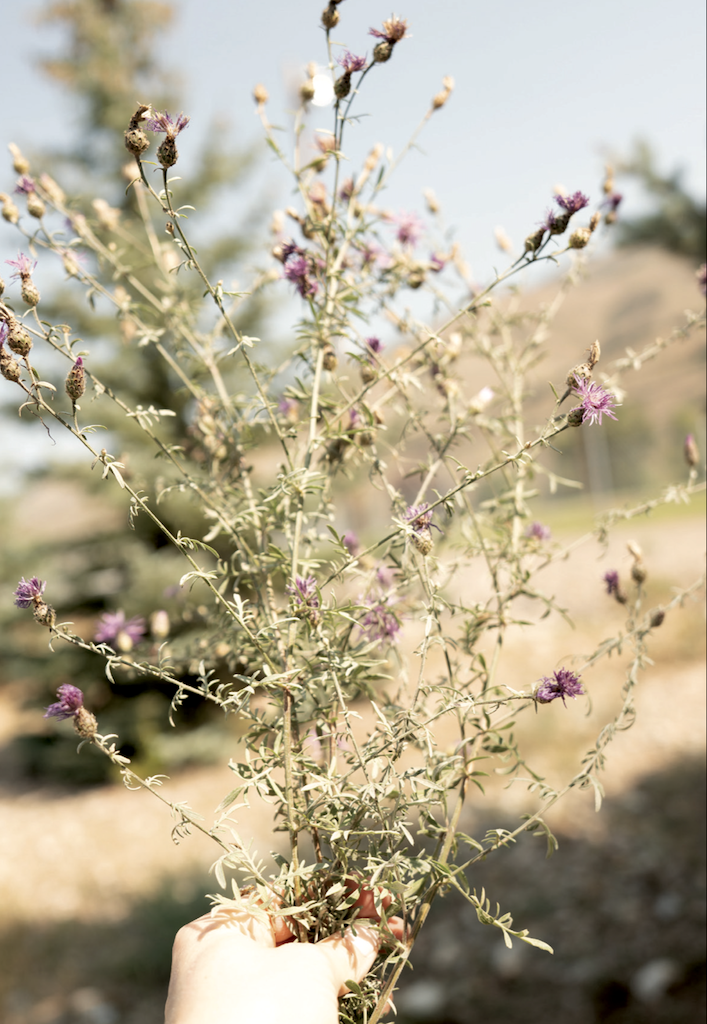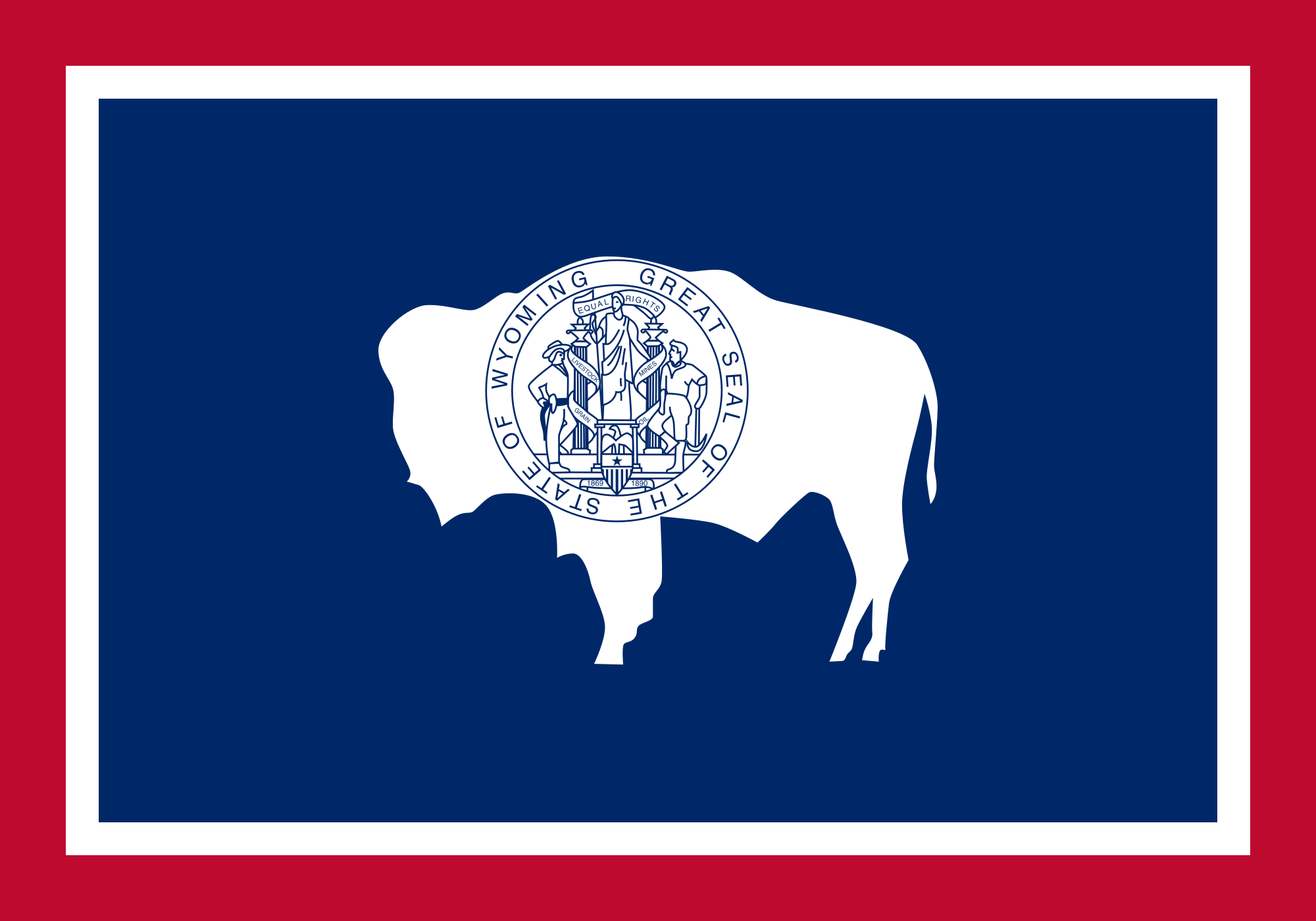Addressing the Spotted Knapweed problem in Star Valley
By Aubrey Hale
September 18, 2025

This is Spotted Knapweed that was found near Afton Elementary.
SVI PHOTO/AUBREY HALE
On September 10, 2025, Mitchell Wolfley and Bryan Nichols from the Lincoln County Weed & Pest office visited the SVI Radio studio to discuss the growing issue of Spotted Knapweed in Star Valley, particularly on the northern end of the valley. The invasive species has become a significant concern for landowners and local ecosystems alike, and the officials outlined the responsibilities of landowners in treating these noxious weeds, as well as the resources available to combat the problem.
“Spotted knapweed is an invasive weed that has come into our valley,” Nichols explained. “We’ve seen a big influx up towards the north end of our valley, and it’s just continuing to move south.” He further elaborated on the weed’s detrimental impact: “It secretes a chemical into the soil that changes the soil chemically to the point where the only thing that can grow there is spotted knapweed. It’s outcompeting a lot of those native grasses and forage for livestock and wildlife.”
RELATED: RADIO INTERVIEW WITH THE LINCOLN COUNTY WEED & PEST REGARDING SPOTTED KNAPWEED –
Nichols expressed concern over the rapid spread of the weed, stating, “I don’t know if I’ve seen a place down on the north end of Star Valley that does not have spotted knapweed. It’s come in and it’s coming with a vengeance.” He noted that while the infestation is most severe in the northern part of the valley, it is still present in the southern areas, indicating that “it’s moving for sure, especially in our valley where so much growth is happening.”
Wolfley emphasized the responsibility of landowners in managing spotted knapweed and other invasive weeds. “Whether you own two acres or 200 acres, each of us has to be a steward of the land,” he said. He pointed out that newcomers to the area may unknowingly contribute to the spread of the weed: “With a little knapweed plant, they’re taking that seed with them anywhere they go to recreate. It could be in their dog’s fur, it could be in their tires or their vehicles.”
To combat this invasive species, the Weed & Pest office offers various resources to assist landowners. “We have herbicide that we can sell you. It’s a very friendly herbicide, but it does an outstanding job on knapweed,” Wolfley explained. “You’re getting it at wholesale; you’re getting it at our cost.” He encouraged landowners to consider manual removal of the plant as well, noting that “depending on your acreage, sometimes that’s your best option.”
For those seeking professional help, Nichols mentioned, “We also have a list of commercial applicators in the Valley. They’re professionals; they know what they’re doing, and they can spray it for you.” This collaborative approach aims to empower landowners while alleviating the burden of managing invasive species.
Identifying Spotted Knapweed is crucial for effective management. “The simplest way to put it is, it’s a little flower that’s a pinkish purple,” Nichols described. “It resembles alfalfa at a distance, but when you find one plant, you’re not gonna find anything else growing there because it literally just takes over an area.”
Beyond individual property management, Wolfley and Nichols highlighted their role in supporting the community. They conduct surveys of properties to help landowners understand the extent of the infestation and provide educational resources. “What we’re trying to do is help everybody in the county understand it,” Wolfley said, emphasizing the importance of awareness in combating the problem.
Nichols encouraged residents to reach out for assistance. “If people are wondering how to get started controlling their weeds, just contact us. That’s the biggest thing—ask those questions.”
The Spotted Knapweed issue in Star Valley is a growing concern that requires collective action from landowners and local agencies. With resources and support from the Lincoln County Weed & Pest, the community can work together to mitigate the impact of this invasive species.
To listen to the full interview, visit SVInews.com/radio. To contact the Lincoln County Weed & Pest, call (307) 885-9333.

